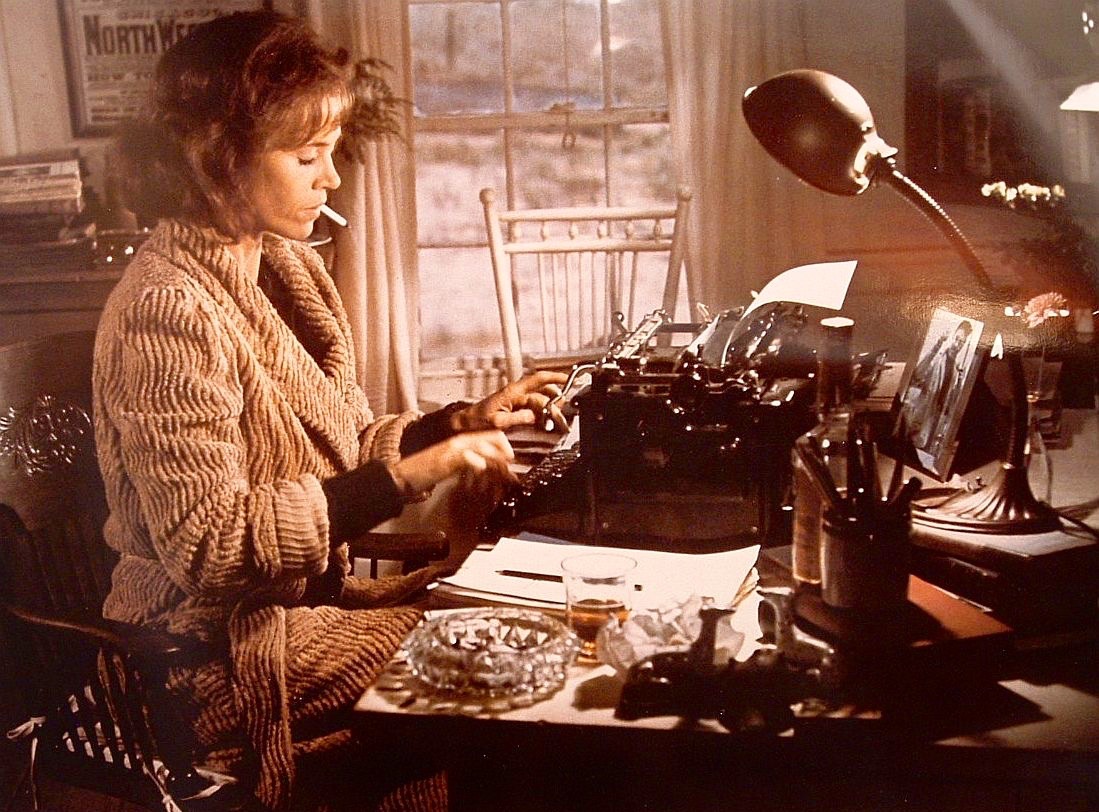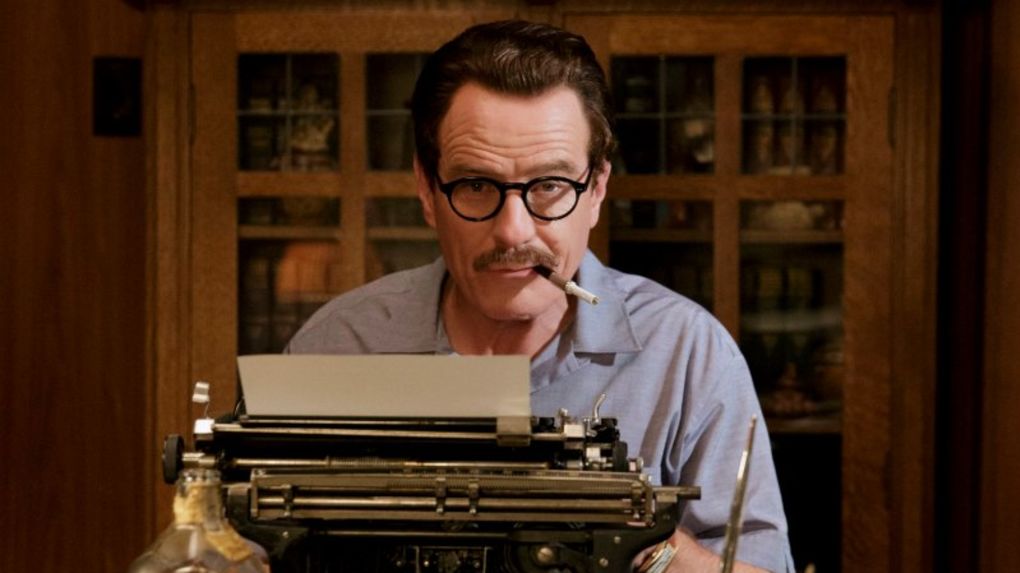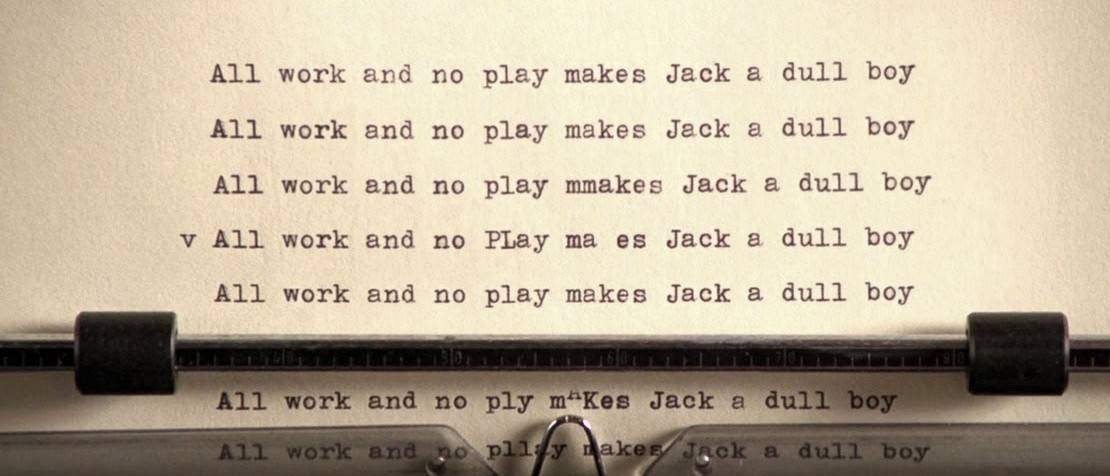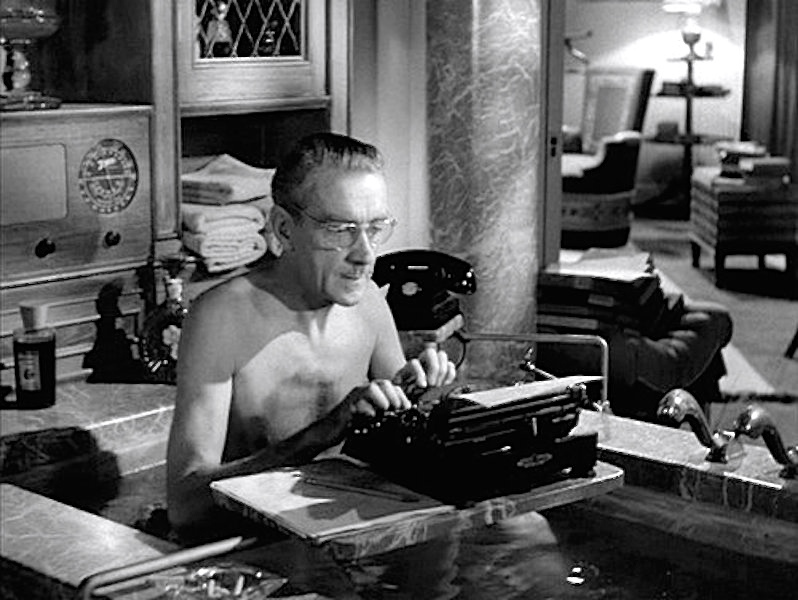
So many have asked me, “What is it like to be a film critic?” Well, actually the only person that ever asked me was a nine-year-old boy who is mentally challenged, but it’s a good question, and after reviewing movies for over 30 years, I’ll answer it anyway. It’s wonderful. Every morning I kick off the sheets, hoist up the venetian blinds and ask myself what kind of a day it will be. Is it a sunny, brisk, “thumbs up” morning, or a resounding “thumbs down” experience? Is that coffee “a rich, rewarding triumph” or “a recycled, muddy swamp?” Is my dash across the street for the NY Post a “magical, enchanting experience?” or “a mind-numbing, unoriginal romp”? The day becomes an unending critical experience fraught with adjectives.
As a child, being a film critic was not among the list of possible career choices. I dreamed of many things in my youth- rescuing cats from trees as a fireman; performing an emergency tracheotomy as a doctor; robbing convenience stores with a sawed-off shotgun as a criminal- all these were perfectly acceptable daydreams- but how could I have ever imagined the giddy joy of being hunched over a computer pounding out a lengthy literary critique of Transformers: Age Of Extinction.
In the movies critics are usually portrayed as effete, acid-tongued cosmopolitans. Dashing off to the theater after a round of gin martinis with a crowd of colorful “artistic” types. They were played by actors like George Sanders, Clifton Webb or Monty Woolley. Tossing out frosty, sardonically funny bon mots in the air amusing everyone around them. Their lives were an unending series of fabulous cocktail parties. It’s somewhat daunting to recall this when you’re in a crowded subway car during rush hour with a man’s sweaty armpit crushed into your face, racing to a press screening of Paul Blart: Mall Cop 2.

Do you need a college degree to be a film critic? Heavens, no. Have you ever done a book report in high school? A film review is quite similar. When you go into a press screening, publicists hand you press kits (or eMail them to you) that include a nifty synopsis of the film that you can handily paraphrase for your review later, peppering it with accolades like “a winner” “riotous,” “powerful,” “mesmerizing,” or “a turd tilt-a-whirl.” It’s as simple as that. If you’re really stumped, compare it to some recent movies that have made a lot of money. “Less quiet than A Quiet Place,” “Blacker than Black Panther.” You don’t need your parents’ hard-earned tuition money for that. And believe me, you can study neo-realism and film language all you want- that’s not going to help you write the review for Hot Tub Time Machine 2.

All you have to do to be a successful film critic is practice being these three things: opinionated, arrogant, and unattractive. You don’t have to win a beauty contest to write about “cinema” that’s for sure. The kindest description to ascribe to a film critic would have to be “ungainly”. They (we) look like losers on Jeopardy. As for arrogant- I brought a friend to a screening once and he innocently placed his coat on the seat next to him and this well-dressed woman flounced into the room, looked down at his coat, and in a loud, authoritarian voice announced “I’m sitting here.” Not, “Could you please move your coat?” Not, “Are you saving this for someone?” No, just “I’m sitting here.” Then, with a great deal of fanfare, she sank into her seat and pulled out a notebook and pen and sat through an entire film scribbling loudly and furiously into her pad, barely looking up at the screen. Her boorish behavior reminded me of what a hellish experience moviemaking really is. You lie, cheat and steal to raise all that money, then work nightmarishly long hours in setups, rehearsals and actual filming. Months of grueling post-production work while battling producers who are putting obstacles in your path at every turn. Then you finally finish your movie only to have it critically dissected by a big asshole.
No, I give publicists a lot of credit for having to deal with critics on a daily basis. Just traveling in an elevator with a pack of film critics after a screening can be a sobering experience. Poker-faced and silent, they stare straight ahead choking the air around them with sanctimonious self-importance. I can recall rushing out onto the street gulping for fresh air after certain screenings.

But there are plenty of perks that go along with being a film critic. You get to see movies in pleasant popcorn-free surroundings in chairs that are sometimes over-sized and plush, which can be a comfort while sitting through a three-hour movie about Syrian refugees. And you get to see movies months in advance and get to hate them long before your friends do. Sometimes you even get presents. I still have my Ghost Dad notepad that when you pull up the front page the writing disappears. And the Tremors fake cactus that periodically shakes. And I recall with great fondness the shocked look on the faces of critics as they left the film Slacker and were handed a pap smear jar with the title of the movie imprinted on a slide floating in it.
The drawbacks. Well you end up having to sit through movies you would have never chosen to see. Many a time I can feel a lump in my throat in a screening room as the lights dim and see the disheartening credits: “directed by Michael Bay.”
Fortunately writing about films doesn’t have the added weight of writing about theater, where one vitriolic review can close a show. There are so many online sites and Rotten Tomatoes critics from all over the country that you don’t feel the pressure of financially endangering the film you are reviewing. Maybe, just maybe, if you rant long enough you might influence someone to take the risk and seek out a film that will profoundly affect them. Some film capable of weaving its unique spell in such a way that you see things in a different light afterwards, the way that great art is capable of, leaving a luminous film on your soul.
Why do we spend all that time in the dark? Well, one explanation can be found in Pauline Kael’s book Going Steady. She said: “Good movies make you care, make you believe in possibilities again.”
And then again, to quote Cheech Marin in a 1982 interview in Playboy, “You go to the movies for four reasons. To laugh, cry, get scared, get a hard-on. If you can do all four- hey, it’s the ultimate pizza combo, man!”


